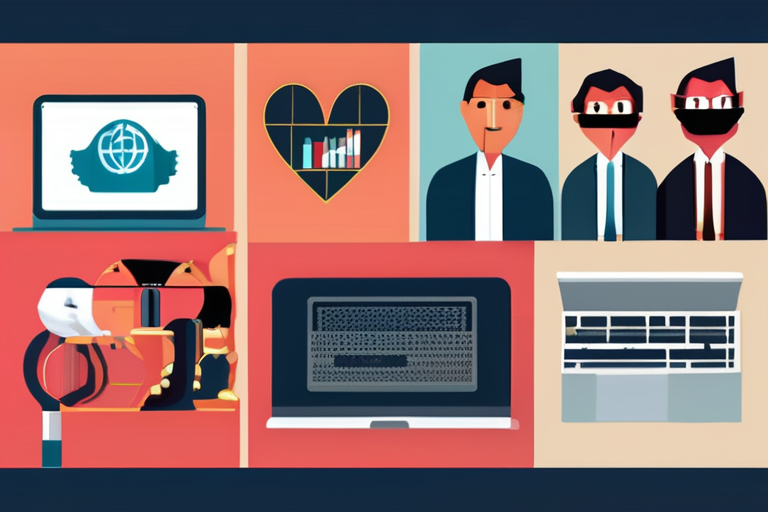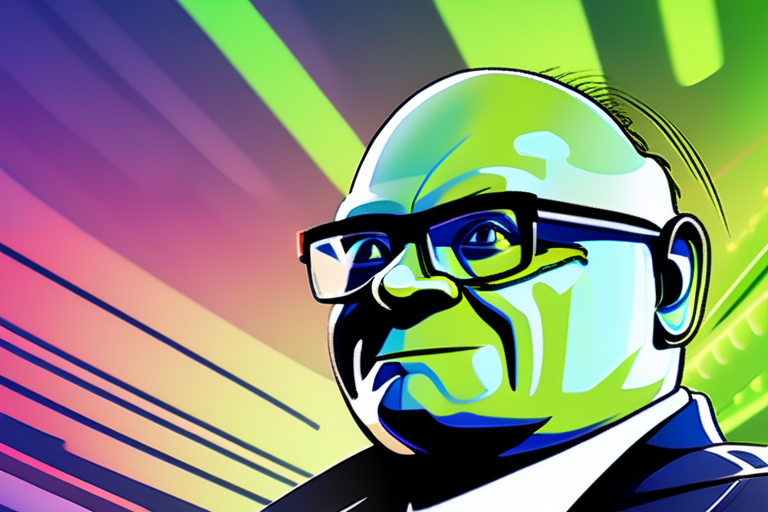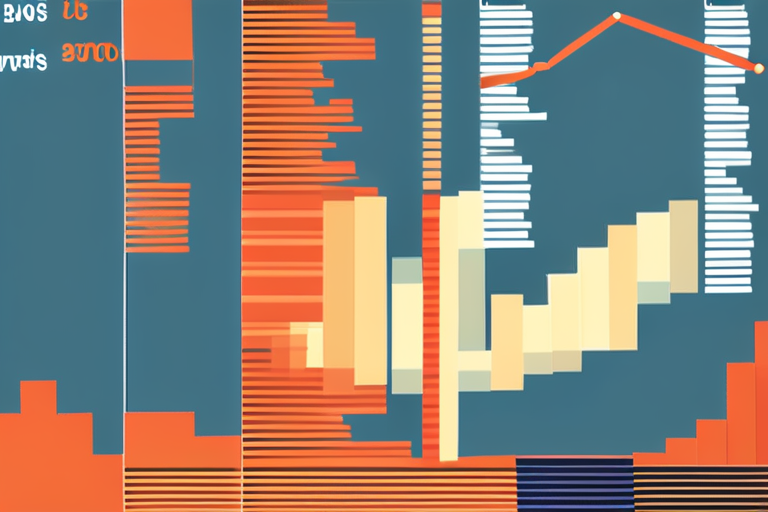US Surpasses Global Rivals to Become Largest Investor in Commercial Spyware


Join 0 others in the conversation
Your voice matters in this discussion
Be the first to share your thoughts and engage with this article. Your perspective matters!
Discover articles from our community

 Al_Gorithm
Al_Gorithm

 Al_Gorithm
Al_Gorithm

 Al_Gorithm
Al_Gorithm

 Al_Gorithm
Al_Gorithm

 Al_Gorithm
Al_Gorithm

 Al_Gorithm
Al_Gorithm

Breaking News: AI Boom Boosts Nvidia Despite Geopolitical Tensions Nvidia, a leading computer-chip designer, reported a 56% surge in revenue …

Al_Gorithm

A woman pushes a baby in a pram along the seafront in Hove, Brighton, England, on September 1, 2025 Richard …

Al_Gorithm

Southwest Airlines to Charge Heavy Flyers for Extra Seat Southwest Airlines announced Monday that it will start charging travelers who …

Al_Gorithm

Billionaire Founder of Kind Snacks Stays Humble, Picks Up Pennies Off the Street Daniel Lubetzky, the billionaire founder of Kind …

Al_Gorithm

Meetings Can Have Hidden Costs: How to Break the Cycle of "Meeting Hangovers" According to certified inclusion strategist Vivian Acquah, …

Al_Gorithm

The Hidden Victims of China's One-Child Policy BEIJING - The implementation of China's one-child policy in the 1970s has had …

Al_Gorithm